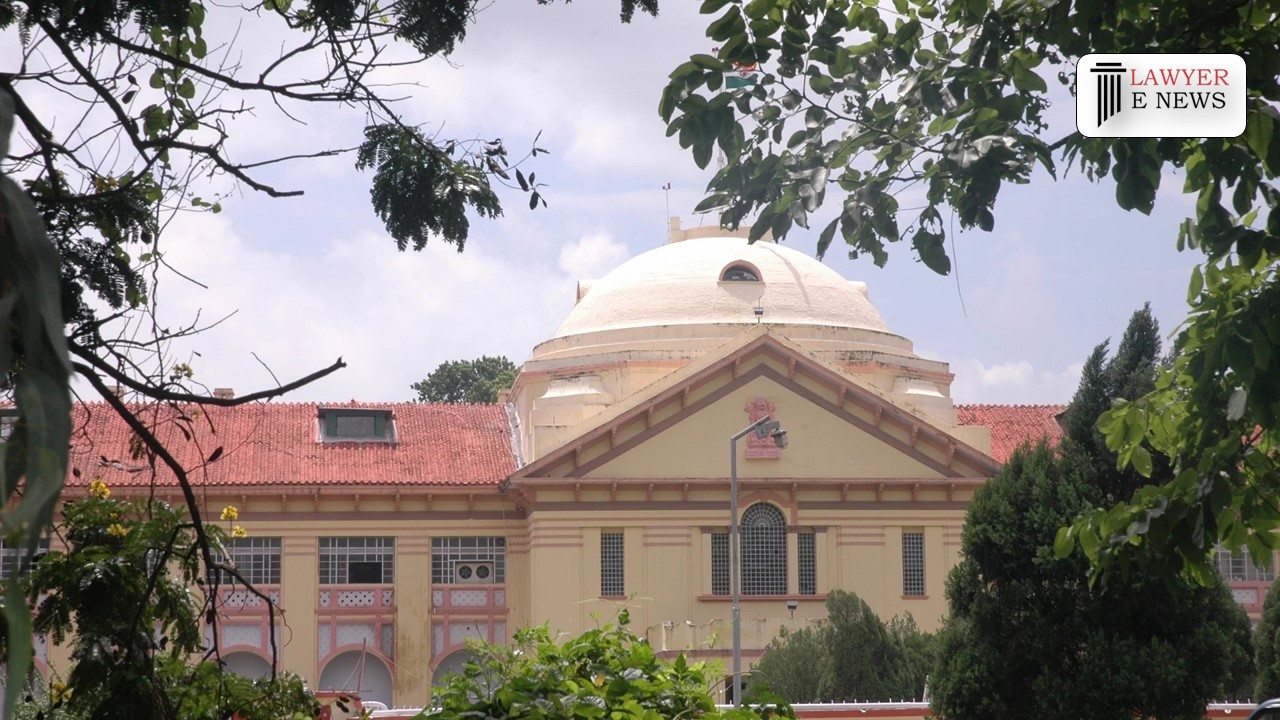-
by Admin
15 February 2026 5:35 AM



In a decisive ruling, the Patna High Court quashed orders directing the lodging of a second FIR against Sunil Kumar Srivastava, a senior assistant at the State Bank of India (SBI), Chapra Branch, accused of misappropriation and fraudulent transactions. The judgment, delivered by Justice Chandra Shekhar Jha on May 1, 2024, emphasized the legal prohibition against multiple FIRs for the same incident, underscoring it as an “abuse of the process of law.” The court’s decision relied heavily on key Supreme Court precedents, reinforcing the principle that the integrity of the legal process must be preserved.
The case originated from a complaint filed on February 22, 2013, by Bhola Nath Gupta, the Chief Manager of SBI Chapra Branch, alleging that 14 vouchers were missing, and unauthorized transactions amounting to Rs. 30,00,000 were conducted. The transactions were traced back to the petitioner, Sunil Kumar Srivastava, and co-accused Shyam Sunder Chaudhary. Further complications arose when Om Jee Prasad filed a complaint claiming that Rs. 41,60,000 he handed over to Srivastava for deposit was never credited to the intended account. The first FIR, Chhapra Town P.S. Case No. 52 of 2013, was lodged, investigated, and resulted in a chargesheet exonerating Srivastava. However, a second FIR was later filed based on a similar complaint by Prasad, leading to the current legal challenge.
Credibility of Single FIR Doctrine: The court reiterated the long-established legal doctrine that prohibits the registration of a second FIR for the same occurrence. “There can be no second FIR and consequently no fresh investigation on receipt of every subsequent information in respect of the same cognizable offense or the same occurrence,” Justice Jha cited from the Supreme Court’s interpretation in T.T. Antony v. State of Kerala.
Examination of Facts and Allegations: Justice Jha reviewed the details of the case, noting that the original FIR had already comprehensively covered the allegations. The court highlighted that the initial investigation by the police included the complaints made by both Gupta and Prasad, with the chargesheet addressing all pertinent issues.
The judgment emphasized that the registration of a second FIR for the same facts is legally impermissible. “The lodging of this FIR in terms of the impugned order would only amount to misuse of the process of Court of law and is nothing but a malicious prosecution,” Justice Jha asserted. The court referred to the Supreme Court’s decision in State of Haryana v. Bhajan Lal, which outlines the circumstances under which an FIR can be quashed, including instances where the proceedings are initiated with mala fide intentions.
Justice Jha remarked, “The second FIR and subsequent proceedings are an abuse of the process of law,” highlighting the judiciary’s stance against the duplication of legal processes that could undermine the judicial system’s integrity.
The Patna High Court’s ruling to quash the second FIR in the SBI misappropriation case reinforces the judiciary’s dedication to upholding legal principles and preventing the misuse of legal procedures. By adhering to the Supreme Court precedents, this judgment affirms the prohibition against multiple FIRs for the same offense, ensuring the integrity of criminal investigations. The decision is expected to have a significant impact on similar future cases, bolstering the legal framework for addressing criminal complaints.
Date of Decision: May 1, 2024
Sunil Kumar Srivastava v. The State of Bihar & Others
